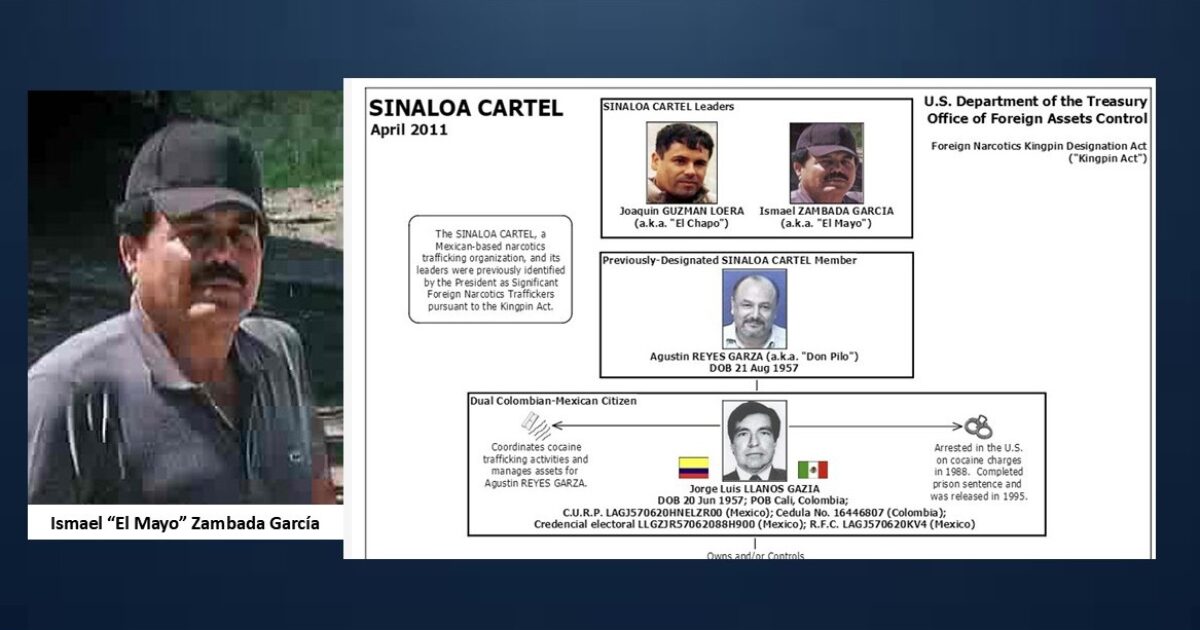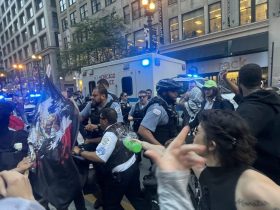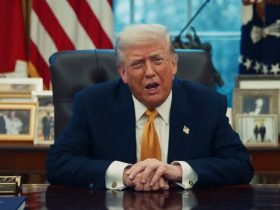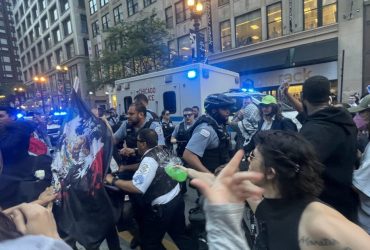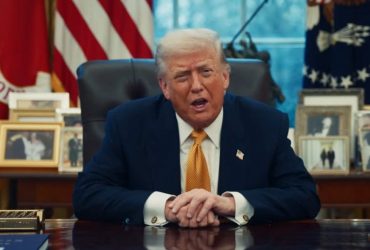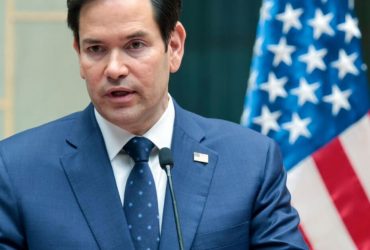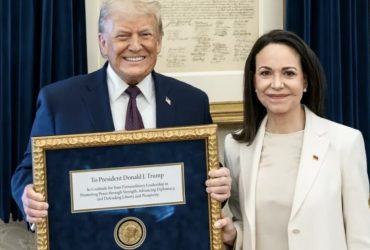Image courtesy of U.S. Department of the Treasury, Office of Foreign Assets Control
Ismael “El Mayo” Zambada García, the 75-year-old co-founder of the Sinaloa Cartel, pleaded guilty in U.S. court to charges including leading a criminal enterprise, racketeering, drug trafficking, and money laundering. He admitted to bribing Mexican officials for more than fifty years, and agreed to forfeit $15 billion in assets. He now faces a mandatory life sentence without parole.
Zambada co-founded the cartel with Joaquín “El Chapo” Guzmán and operated with impunity since 1969. From the 1980s until last year, his organization smuggled at least 1.5 million kilograms of cocaine, most of it to the United States. His testimony could expose entrenched networks of corruption within Mexico’s political and judicial system, shaking governments past and present.
His downfall began on July 25, 2024, when he was arrested alongside Joaquín Guzmán López, El Chapo’s son, at a private airfield in El Paso, Texas. Zambada claims he was lured into a trap. Expecting to mediate a dispute between Sinaloa Governor Rubén Rocha Moya and former Culiacán mayor Héctor Cuén, he instead walked into an ambush. According to his lawyer, six men in military uniforms threw him to the ground, bound his legs, and pulled a black bag over his head. Guzmán López, exploiting a rift in the cartel, had arranged the handover to U.S. authorities without Zambada realizing it.
In court, Zambada admitted bribing officials across Mexico and controlling the very authorities meant to stop him. Witnesses confirmed that such corruption was indispensable to the cartel’s power, ranging from local police who escorted shipments to high-level officials who tipped off the cartel about military operations.
There is precedent for high-ranking Mexican officials being tied to cartels, with some convicted and others implicated by strong evidence.
One of the most prominent cases is that of Genaro García Luna, Mexico’s former Secretary of Public Security (2006–2012). Once hailed as the “supercop” and architect of Mexico’s modern “war on drugs,” he was convicted in the United States in early 2023 of colluding with the Sinaloa Cartel. García Luna accepted millions in bribes in exchange for protection and use of his official resources, and he was sentenced to more than 38 years in prison.
Other senior officials remain under suspicion. Manuel Bartlett Díaz, currently director of the Federal Electricity Commission in President Andrés Manuel López Obrador’s cabinet, was implicated in the 1985 Guadalajara Cartel conspiracy to murder DEA agent Kiki Camarena. U.S. testimony has continued to raise questions about his role in cartel dealings, making his current position particularly controversial.
Former President López Obrador himself has faced allegations. Investigative journalist Luis Chaparro reports that Zambada may have described an “amicable relationship” with López Obrador. Past testimonies also alleged that the Sinaloa, Gulf, and Zetas cartels contributed to López Obrador’s 2006 presidential campaign in return for tolerance of their operations. López Obrador has strongly denied the claims, calling them “completely false” and insisting there is no evidence.
Broader corruption concerns extend beyond individuals. A report by U.S. Senator Chuck Grassley found that under previous administrations, U.S. officials consistently overlooked credible evidence of corruption while funneling resources into Mexico’s security programs.
In one case, the DEA knowingly rewarded and entrusted its Sensitive Investigative Unit commander in Mexico despite evidence he was leaking information to cartels, leaks that cost at least one DEA cooperator his life.
Allegations have also touched other administrations. During Joaquín “El Chapo” Guzmán’s 2019 trial, a witness testified that former Mexican president Enrique Peña Nieto accepted a $100 million bribe, though Peña Nieto denied the accusation.
While there has been speculation that Ismael Zambada might cooperate with U.S. authorities, his attorney firmly denied it: “It is not a cooperation agreement, and I can state categorically that there is no deal under which he is cooperating with the United States Government.”
Even without a formal deal, the case puts mounting pressure on President Claudia Sheinbaum. She has dismissed Zambada’s bribery claims, noting that no formal complaints have been filed and demanding evidence before acting. Yet U.S. prosecutors may still assemble compelling cases from his admissions, forcing Mexican justice to respond.
For Washington, Zambada’s guilty plea is already a major victory in the fight against cartels. Its broader impact on U.S.-Mexico relations, and whether Mexican officials will be held accountable, will depend largely on whether Zambada ultimately chooses to provide further cooperation despite his lawyer’s denials. The Trump administration is fully expected to act on any names or tips it obtains from Zambada.
The post Mexican Officials in Danger of Being Named as Cartel Leader Pleads Guilty in US Court appeared first on The Gateway Pundit.

